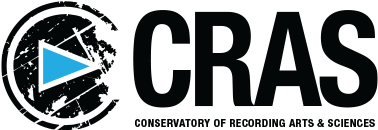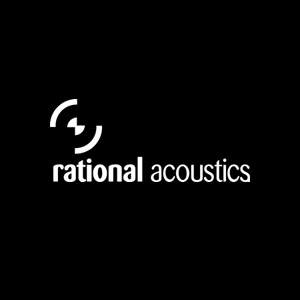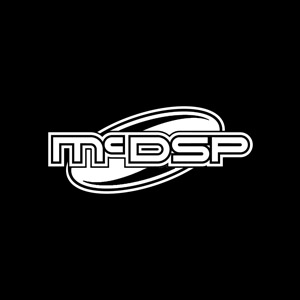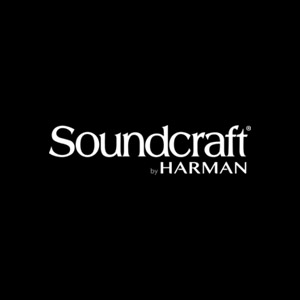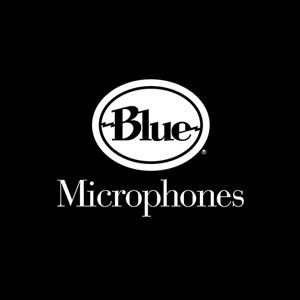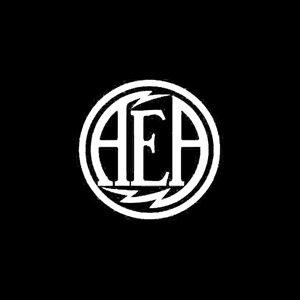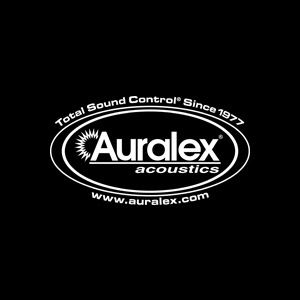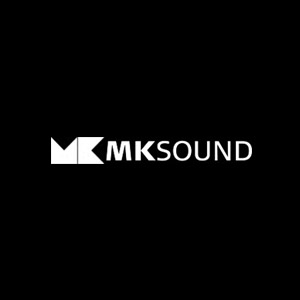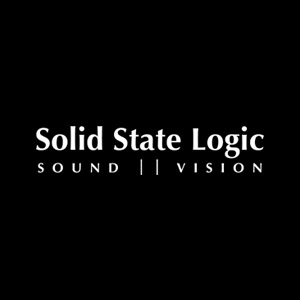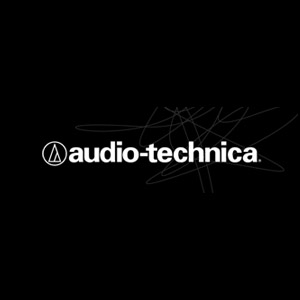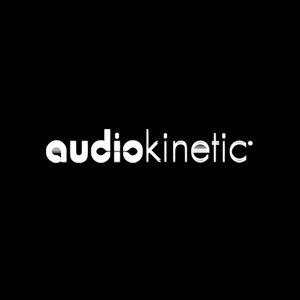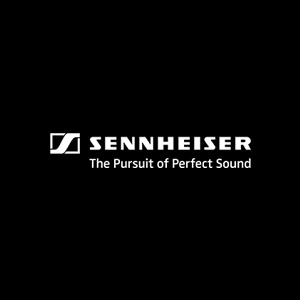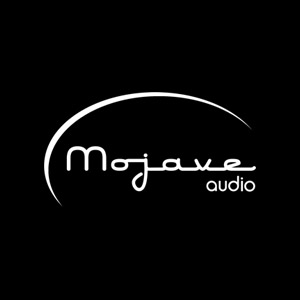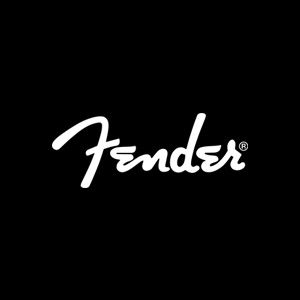Music Theory for People Who Can’t Read Music
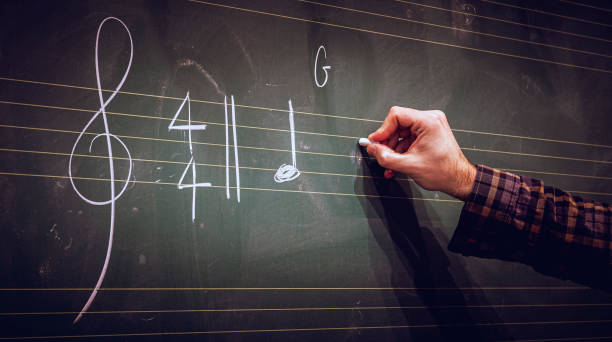
“Do I need to know how to read music to work in the music industry?” This is a question that comes up a lot, and it is actually a very legitimate question. There are a lot of people who want to get into the audio recording world, but are afraid that they will fail because they don’t have a fundamental base in music theory.
What is music theory?
At the core, music theory is a conglomeration of knowledge gathered over centuries as to how music can be made the “correct” way. By looking at patterns various composers and artists use, we’ve developed “theories” as to how one can scientifically and efficiently write music in a way that is sonically pleasing to the ears.
That being said, music theory is just that – a theory. It’s not called “music science” or “music truth”. While understanding music theory can be very beneficial, and you should definitely learn the theory, it doesn’t make or break you as an audio engineer, or as a musician for that matter. Musically speaking, one of the introductory rules of music theory is that, in a composition, changes between chords should not have parallel movements, and should not use parallel octaves. But, take into consideration most modern rock music – the power chord contains a root note, a note a fifth interval above the root, and often a parallel octave of the root. Most song progressions just take this same chord structure and move up and down a scale, which produces a ton of parallel movements that are “in theory” incorrect. However, that doesn’t mean rock music is bad music. It is just a different style than what was classically deemed to be “correct”.
However, music theory can help quite a bit in the audio recording world. Having an understanding of how music works, why some chords elicit certain feelings, what makes two notes sound dissonant, and how song structure can be formed and manipulated, are all things that can be gained by having a fundamental understanding of music theory. Aside from that, if you are working with a band trying to hash out good takes, it can definitely expedite the recording process if you are familiar with the terms they will be using – chorus, pre-chorus, first movement, second movement, etc. If you can clearly understand their music terminology, and explain what you are hearing in their terms as well, you can make the entire process a lot easier, as well as gaining some “studio cred” for yourself, earning some respect.
